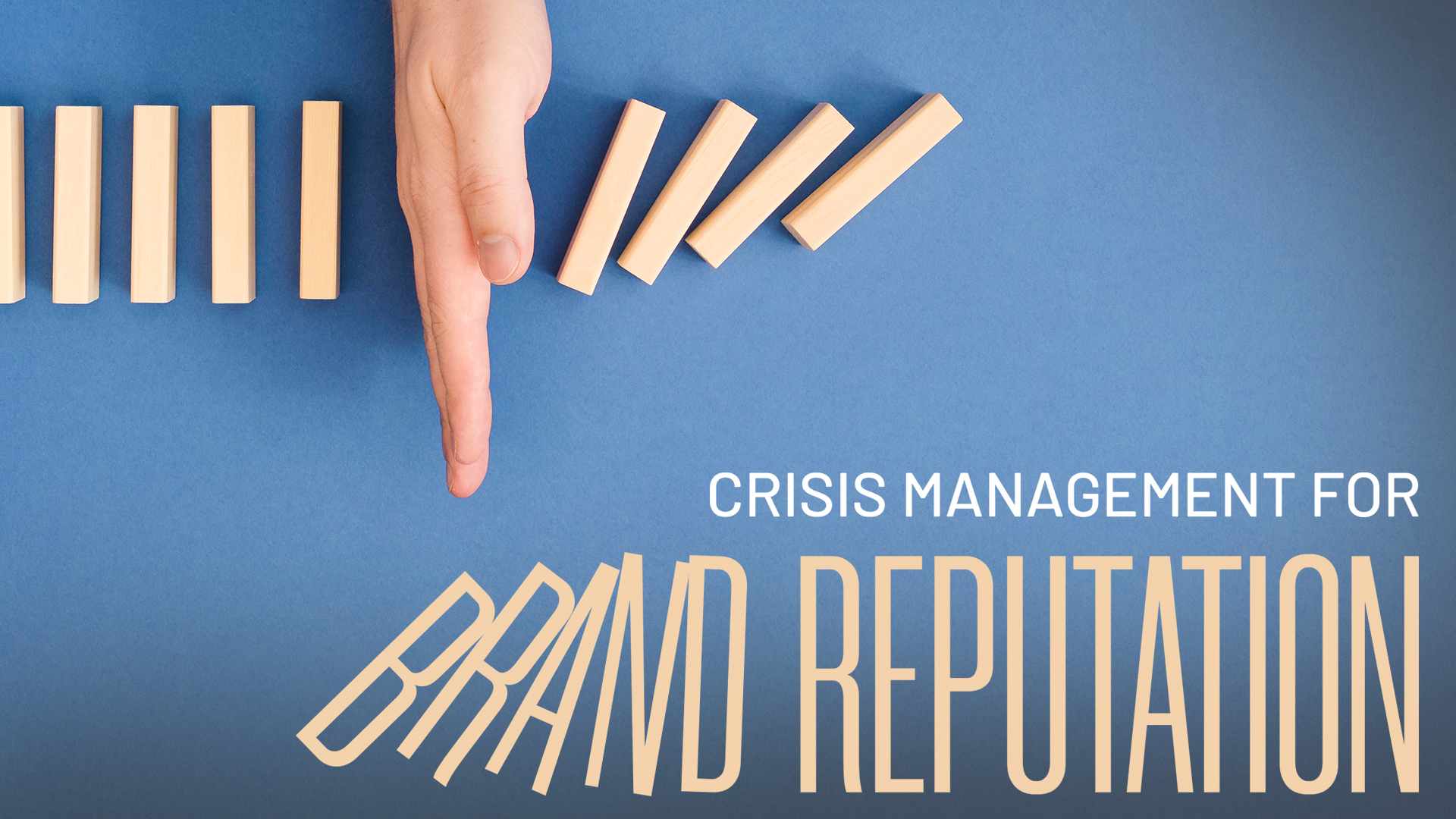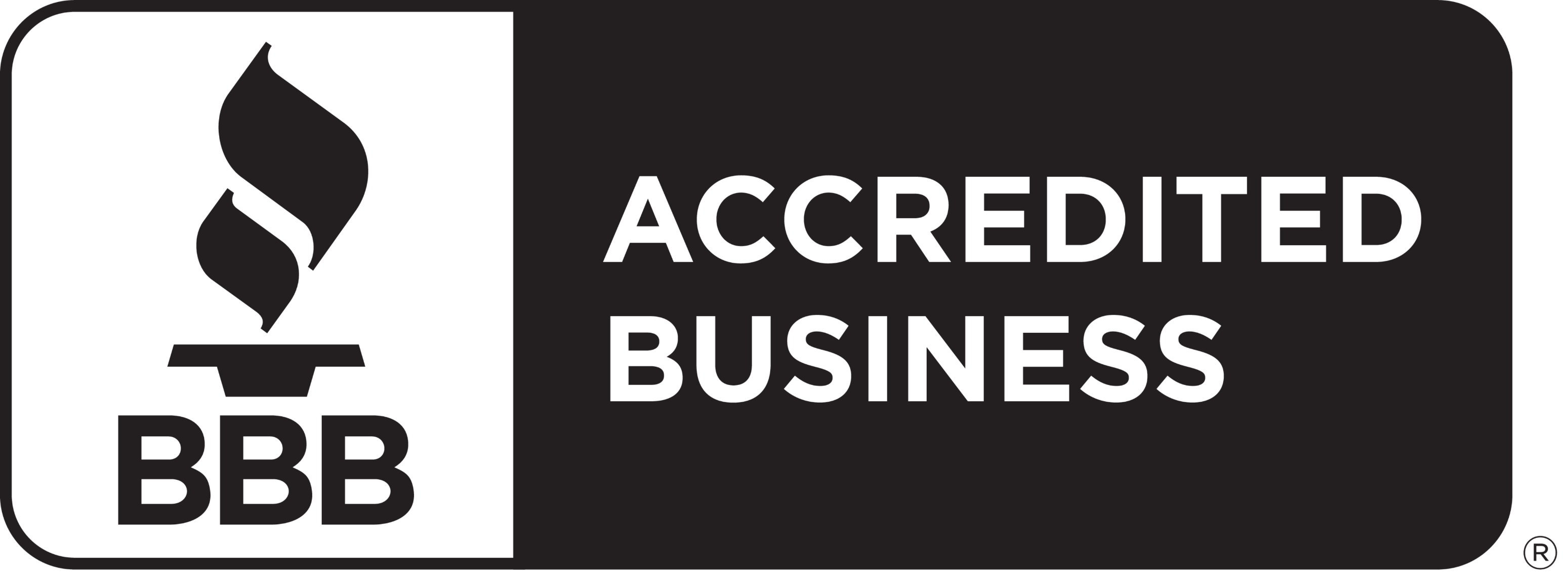Reputation is one of, if not the most essential element of your business. A good reputation facilitates new clients and business opportunities while a poor one hinders it. The thing is, business reputation management is more than just many likes and follows on social media. It is a clear determinant of revenue and company value. But what if your reputation is at stake?
Every business hopes to be a paragon of ethics, quality, Aand profitability. But in a world where everyone—employees, contractors, vendors, and customers—can post reviews, tweet, or comment on the internet, the likelihood of a brand reputation crisis rises substantially. How a company manages this, whether it is a PR problem or a badly functioning product, will have a long-lasting effect on its reputation, bottom line, and workplace culture. In the digital world, you can’t sweep mistakes under the rug and hope nobody notices.
A reputational crisis isn’t a matter of whether or not it will happen, but when it will strike. Once it does, you will need to think and act fast, because every minute in the ticking clock is lost trust and revenue.
Handle a Problem Before It’s a Crisis
As the saying goes, prevention is better than cure. Similarly, you would rest easy knowing that you are taking the necessary steps for your business to prevent a reputational crisis. Many potential crises are hard to see: an employee posts something slightly offensive on a personal social media account; a product doesn’t perform spectacularly, though it works; or a promotion goes to a new hire instead of someone more experienced in the department. At the surface level, none of these things seem to warrant a crisis, but they are the small sparks that can ignite big problems for a lawyers’ reputation and other professionals as well.
For instance, the employee who posted something controversial gets traced back to the company, and now people are calling for boycotts; the faulty product gets trashed on review sites; or an entire department becomes indignant about a new hire being their manager. In short: crises are brewing.
So how do we nip it in the bud? Monitoring your business online and in the press is the first step to crisis management. These days, social listening tools are aplenty so you can easily track public sentiment about your business. Who is talking about the company and where? What are they saying and why? There are many available software tools that help monitor a company’s online presence by searching for mentions of its name, products, or personnel. With these, you get news fast, allowing you to respond quickly before a comment thread turns long and nasty. These include such platforms as Awario, Agorapulse, Keyhole, Falcon, and Brand24, or on a much simpler-and free-level, Google Alerts. Investing in these softwares is handy so you can monitor public perception.
We Value Reputation,
Let’s Rebuild Yours.
A Positive Reputation is Priceless. Value and Protect It.
A Business in Crisis: How Bad Can It Get?
When a business has a crisis of any kind, cascading effects can lead to worst-case scenarios. It may start with a few negative comments, and go on to employees quitting or getting fired, products not selling, or vendors and merchants dropping out. Before you know it, the company’s reputation is plummeting, profits are dropping, and the company is facing bankruptcy and dissolution. To effectively monitor the gravity of the situation, you may also look into metrics like sales performance and stock prices, so you have an idea of how much you will need to scale.
Be Transparent to Stakeholders and Customers
A brand reputation crisis can lead to the scandalous end of a once-sturdy company, but a quick and effective company response can manage the problem. In fact, a swiftly managed incident and appropriate response can turn a crisis into PR wins. This is the case when a reputation risk is detected, quickly dealt with, and handled transparently and honestly. For one, you will need to brief your company’s stakeholders, partners, and investors to give them the nitty-gritty of what happened. Since building trust is also a huge determinant of a business’s success, strive to repair these broken bridges with your customers by being honest, transparent, and proactive with your action plans in mending the situation. Such responses will boost customers’ trust and reassure stakeholders that the company is in good hands and has everyone’s best interests in mind. It also boosts employee morale and retention.
Beware, any crisis, no matter how small, can snowball, crises can be managed by adequate preparations and forethought.
Crisis: A Business’s Turning Point
A reputational crisis, while negative, disruptive, and challenging, can be a spectacular growth point for a business, but it all depends on the response and recovery strategy of business and personal reputation. A strong company, believing itself invincible, may ignore product issues and customer complaints. If people keep buying a product, why fix it? If a company ignores basic red flags like these, customers will start to wonder what else is it refusing to acknowledge.
Being bold enough to admit mistakes or misguided thinking is a challenge, but strong leadership should be accountable for issues rooted in corporate culture. Good leaders should be willing to change what isn’t working well or isn’t good enough. If it takes a crisis to bring something to upper management’s attention, that is a sign of poor management in the first place.
Your brand’s reputation being at stake can be trial by fire, but it doesn’t have to if your company is prepared and has a plan in place to deal with the issue. A company should view itself as a multifaceted living organism created by individuals, held together by a mission, and embedded in the larger social, cultural, and environmental fields around it. With proper forethought, clear planning, and firm designations of roles and authority, companies can not only deal with crises but often turn them into profitable opportunities.
Reputations Are Everything. We Take the Best Care of Your Brand’s Image and Make Sure It Stays Safe.
Get in Touch to Know How.



 Source: Freepik
Source: Freepik Source: Freepik
Source: Freepik Source: Pexels
Source: Pexels










Comments are closed.